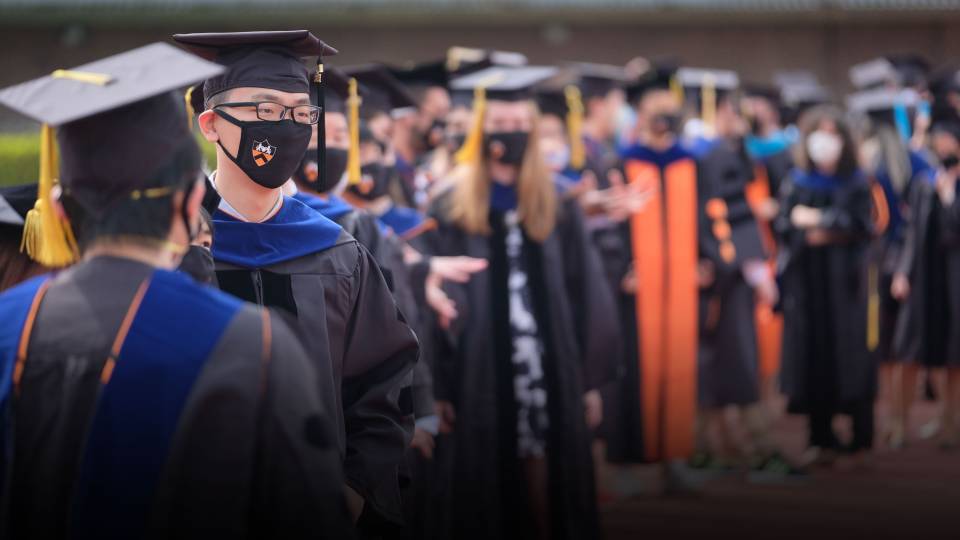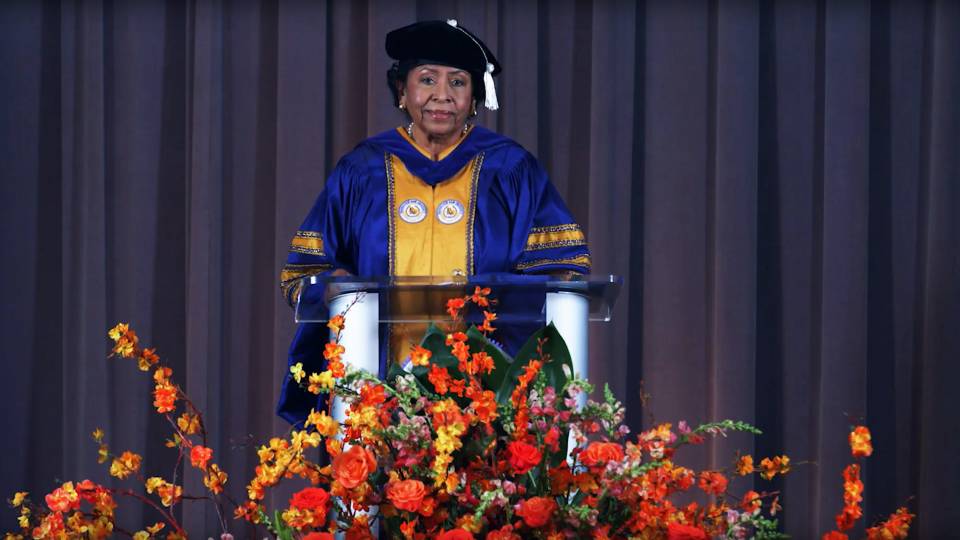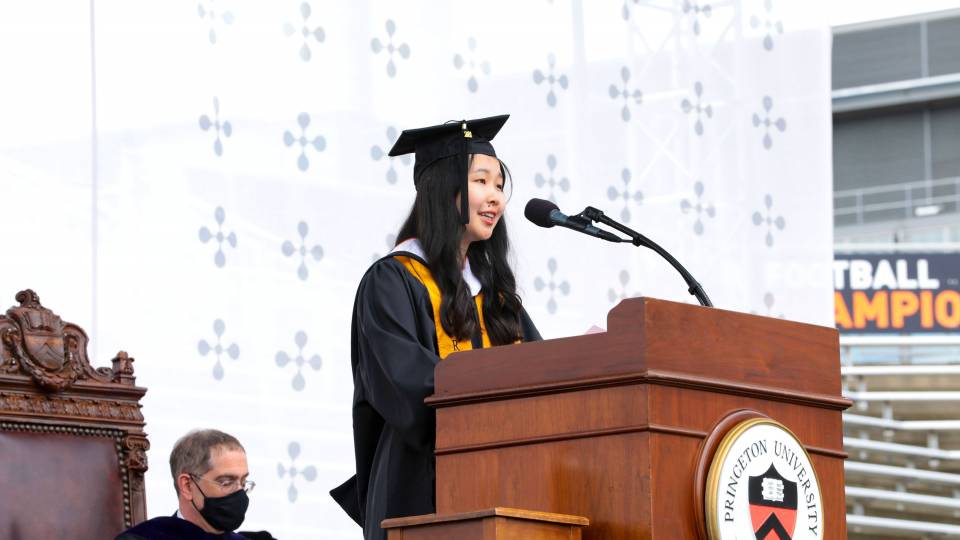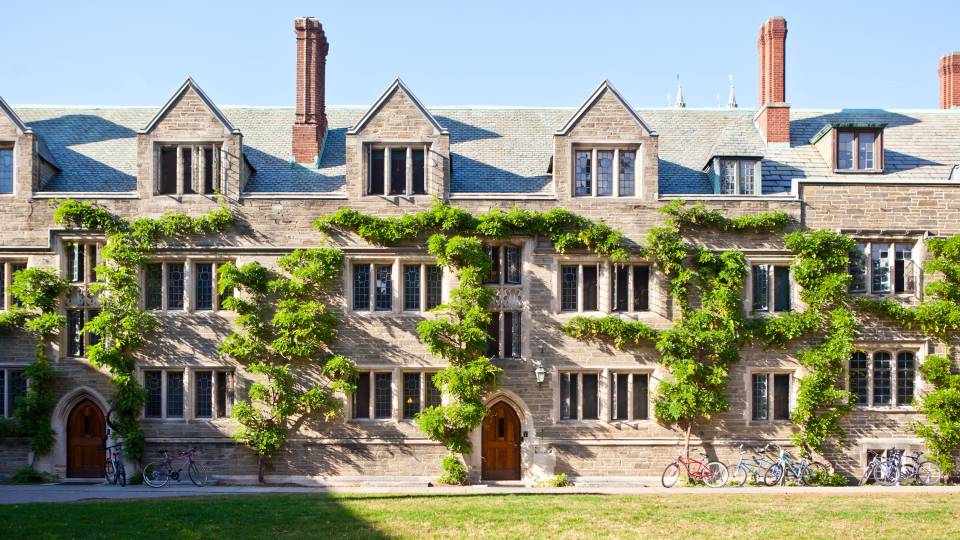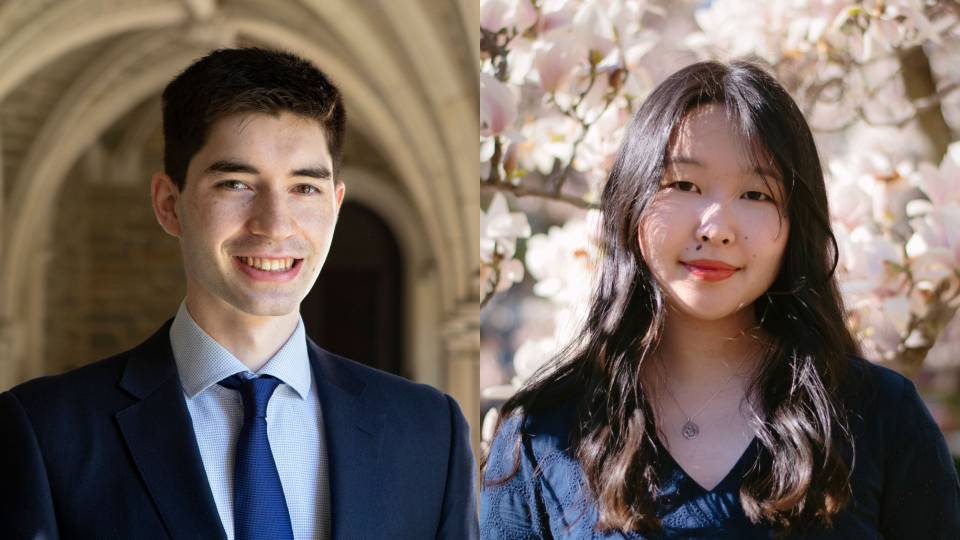Four Princeton University faculty members have been named recipients of the Graduate Mentoring Awards by the McGraw Center for Teaching and Learning and will be honored during the Graduate School’s virtual Hooding ceremony at 4 p.m., Monday, May 24.
The award winners are Margot Canaday, professor of history and associate chair of the department; Casey Lew-Williams, professor of psychology and director of graduate studies; Meredith Martin, associate professor of English and director of the Center for Digital Humanities; and Howard Stone, the Donald R. Dixon ’69 and Elizabeth W. Dixon Professor of Mechanical and Aerospace Engineering and chair of the department.
The mentoring award recognizes Princeton faculty members who nurture the intellectual, professional and personal growth of their graduate students. Graduate students nominate faculty members for the award, and they serve on the committee that selects the winners together with faculty members, senior staff from the McGraw Center and the deputy dean of the Graduate School. The award honors faculty in each academic division (engineering, humanities, natural sciences and social sciences) and includes a $1,000 prize and a commemorative gift.
Margot Canaday

Margot Canaday
Margot Canaday, a faculty member since 2008 is a legal and political historian who studies gender and sexuality in modern America.
Students said they appreciated Canaday’s accessibility and how thoroughly invested she was in her students’ work. “I have always found her to be generous with [her time], going out of her way to put me in touch with other graduate students and faculty whose work is relevant to mine,” one first-generation college student said.
Another remarked on Canaday's deep interest in her students’ lives: “She goes out of her way to check in on both our academic progress as scholars and general well-being as individuals.”
Students were especially thankful for Canaday's community-building efforts during the pandemic, such as the monthly writing group she created for her graduate students.
One student said, “‘Pandemic Writing Group,’ as we now call it, became a crucial space in which to brainstorm solutions to pandemic-provoked research challenges.” An advisee commented, “She is a model of someone who has succeeded professionally without sacrificing generosity, humility or a genuine love of learning and fellowship.”
Casey Lew-Williams

Casey Lew-Williams
A faculty member since 2014 and co-director of the Princeton Baby Lab, Casey Lew-Williams studies how the mechanisms of infant cognition and the details of environmental experience combine to shape early learning.
Students say Lew-Williams has served as an exceptional role model, especially when their research was stymied by the pandemic. “He was acutely sympathetic to the struggles of being a graduate student during this stressful time, and encouraged me to explore a number of options that helped me feel productive and efficient,” one student said.
Many took note that in his role as director of graduate studies, he scheduled individual meetings with every graduate student in the department.
“He has endless time for others, a seemingly boundless warmth, and piercing insight to allow him to figure out exactly how best to communicate with others,” said a former student. “As an adviser, he is always willing to talk about research, he always responds to emails, he has a lot of patience for hearing a student’s ideas and thoughts, and his door is always open.”
Another student called Lew-Williams “a beaming light of kindness and support. He exemplifies excellence in mentorship and is the model for how faculty should engage with and care for students.”
Meredith Martin

Meredith Martin
Meredith Martin joined the faculty in 2006. She specializes in anglophone poetry with interests in historical prosody, historical poetics, poetry and public culture, and disciplinary and pedagogical history.
Martin has helped students grow professionally in a variety of ways, especially during a difficult year. “Since the pandemic began, she has attended every graduate student Zoom meeting and even organized her own meetings for the purpose of problem-solving and restructuring aspects of the graduate program in English to better meet the new demands of the pandemic and job market,” one student said.
Martin is known for supporting even students who have not worked directly with her. “I have not taken a course with her, and she is also not one of my dissertation advisers. Yet at every step of my graduate experience she has been a continual ally and support,” one student said.
Martin offers extensive guidance on scholarly papers through numerous drafts, observed another. “At points when I was stumped or stymied by writer’s block or difficulties in articulating my project, she took the time to read extensive drafts and talk one-on-one to work through the obstacles I was facing,” the student said.
An advisee praised her leadership of the Center for Digital Humanities and the opportunities she provided there for students, as well as her “unfailing support for her advisees’ scholarly ideas and professional goals, all with her characteristic friendliness, warmth and energy.”
Howard Stone
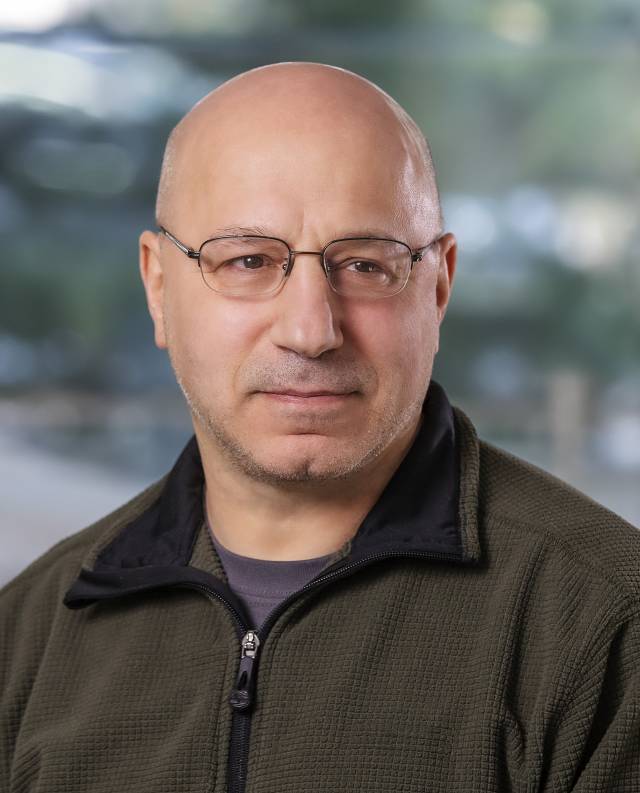
Howard Stone
Howard Stone, who has been at Princeton since 2009, studies fluid dynamics, especially as they arise in research and applications at the interface of engineering, chemistry, physics and biology.
Students commended Stone for his eagerness to help them work through difficult problems. “Whether it be in his classes or with students in his lab, he always makes time for us and comes to any conversation completely engaged,” one of his advisees said.
Others appreciated the way that he encouraged their independence. “As a young person who dreams of becoming a scientist, this means so much,” said an advisee who has worked alongside Stone for 10 years.
Stone demonstrates great concern for his students, noted another: “Watching the care with which he would work through students’ questions in class has set out the best example of excellence in teaching and mentorship I have ever seen.”
A former student who is now a professor said of Stone, “Despite his vast intelligence, intuition and technical knowledge, which have propelled him to the top of his field, these traits are still somehow eclipsed by his humility and good nature.”
